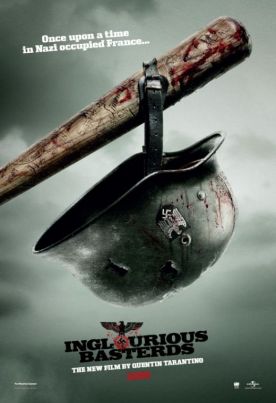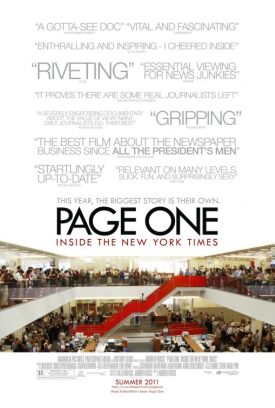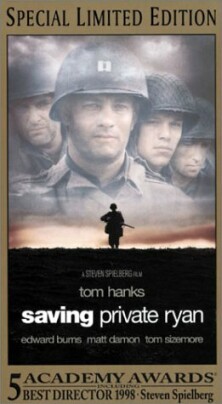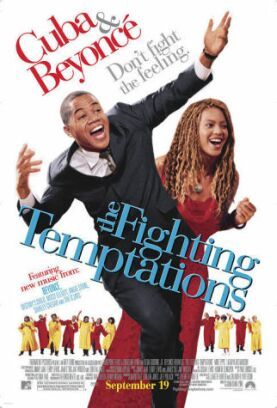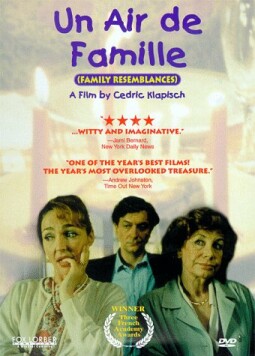Inglorious Bastards [QT, note SP]
Living as I do in the metropolitan area of our nation’s capital, I sometimes seem to be surrounded by political technicians who pride themselves on judging the speeches and interviews and press conferences of our leaders by a detached and entirely professional standard. “That was a good speech,” they will aver of, say, a State of the Union address, even though they may agree with not one syllable of its content — or, indeed, as is increasingly the case, the content has become so platitudinous that it doesn’t rise to the level of being either agreed or disagreed with. You see? Such people are judges not of policy or ideology or even rationality, all of which things they scorn to notice, but of the craft of political speech-making, independent of any content it may or may not have. Of course, they have learned this from formalism in the arts, and particularly the modernist mystique of the artist as craftsman — someone to be judged on the formal skill with which his artifacts are put together rather than their semantic content. I think this is nonsense. A good speech, like a good work of art, is one that says something interesting and true. The technique can never be anything more than a secondary consideration.
Alas, I must pay a price for this belief, which is to submit myself to the status of a na f among my fellow critics, an unsophisticated bumpkin who has simply failed to understand that the first rule of criticism for those who know their business is to ignore mere content. Shame on me! I can tell how shameful it is to be thought such an innocent by the lengths to which other critics are prepared to go in order to avoid the stigma of being thought to be so ignorant themselves. About Inglorious Bastards, for instance, the New York Times critic Manohla Dargis is in one sense quite right to say that “complaining about tastelessness in a Quentin Tarantino movie is about as pointless as carping about its hyperbolic violence: these are as much a constituent part of his work as the reams of dialogue.” But what she appears to mean by this quite unnecessary observation is that, because it is deliberately vulgar and tasteless, the movie must somehow be supposed to have disarmed criticism. Sophisticated critics are allowed only to animadvert upon inadvertent tastelessness.
This is the ticket that Mr Tarantino has used to ride to the very heights of auteurish movie-making in America, though admittedly these are not very high heights. His band of Inglorious Bastards, like him, glory in their ingloriousness — as well as in their illiteracy, ignorance and brutality. That is the point of the movie which, like Pulp Fiction, is named for what Mr Tarantino takes to be at once its happy vulgarity and its immunity from criticism. That’s why I refuse to be browbeaten by the privilege of the auteur into imitating the misspelling he insists on in his title. Inglorious Bastards shall be here so called, in proper English orthography, as my small and doubtless insignificant protest against Mr Tarantino’s attempt to appropriate the common language for his own purposes and put his personal brand on it by an egregious misspelling.
For that act of expropriation, a kind of enclosure of the intellectual commons, is also what he is doing with history — which is equally a common property and one that, in my na veté, I persist in thinking an important one for truth to hang on tightly to her claims in. It is important for us to remember that those known to history as Nazis were not cartoon characters. Nor were those who fought and finally defeated them. Nor was that defeat accomplished by a gang of bloodthirsty, free-lancing American Jews in search of revenge who manage to commandeer a ludicrously implausible scheme to assassinate the entire German high command, including Hitler and Goebbels, in a small Parisian cinema by setting fire to a pile of nitrate film. I know, I know. Mr Tarantino’s are not real Nazis, any more than these are real historical events. But that doesn’t seem to me enough of an excuse for them when American schoolchildren — for whose eyes this film is principally intended — may scarcely be supposed to know what was real.
The Germans are said, in a report from the Agence France-Presse, to be big fans of Mr Tarantino’s blood-drenched fantasy, and you can see why they might prefer that the descendants of those caught up in the world-wide tragedy their ancestors gave birth to should regard it instead as nothing more than a comic-book bloodfest between two equally unpalatable collections of human grotesques. Other Europeans glory in their reputation as sophisticates and cinéastes — as, for example, does Natalie Haynes in The Times of London:
The Second World War has produced endless fun-yet-serious films: The Dam Busters, The Great Escape, Where Eagles Dare. And Inglourious Basterds is a heroic addition to the genre. Its leading characters are mostly women and Jews, but there’s no trace of a worthy Holocaust drama. This, after all, is the movie that one of its stars, Eli Roth, referred to as “kosher porn”. Tarantino, in other words, has made a war film about war films, not one about war. His usual blend of smart dialogue and grisly violence is perfectly matched to his subject. War may be hell, but sometimes, on screen, it should be fun.
All true except for the bits about the movie’s being “a heroic addition to the genre” and how “its blend of smart dialogue and grisly violence is perfectly matched to his subject.” In other words, for her the idea of an exciting war movie is equivalent to the actual existence of such a movie. QT’s movie is the reverse of exciting. It’s all fake and contrived, a comic book which glories in its untruth to life. That the premiere in Nashville of this phony movie should have been hosted by Al Gore, the world’s biggest phony, is no more than appropriate. Only a child could find such stuff exciting — and, these days you would think, not many children either. But for her, the potential existence of such a child, together with the blinding critical insight that this is not a war film but “a war film about war films,” is itself a justification of the movie. It will be a matter of some cultural significance either way, I think, when we know whether audiences agree with her or not.
Discover more from James Bowman
Subscribe to get the latest posts to your email.

